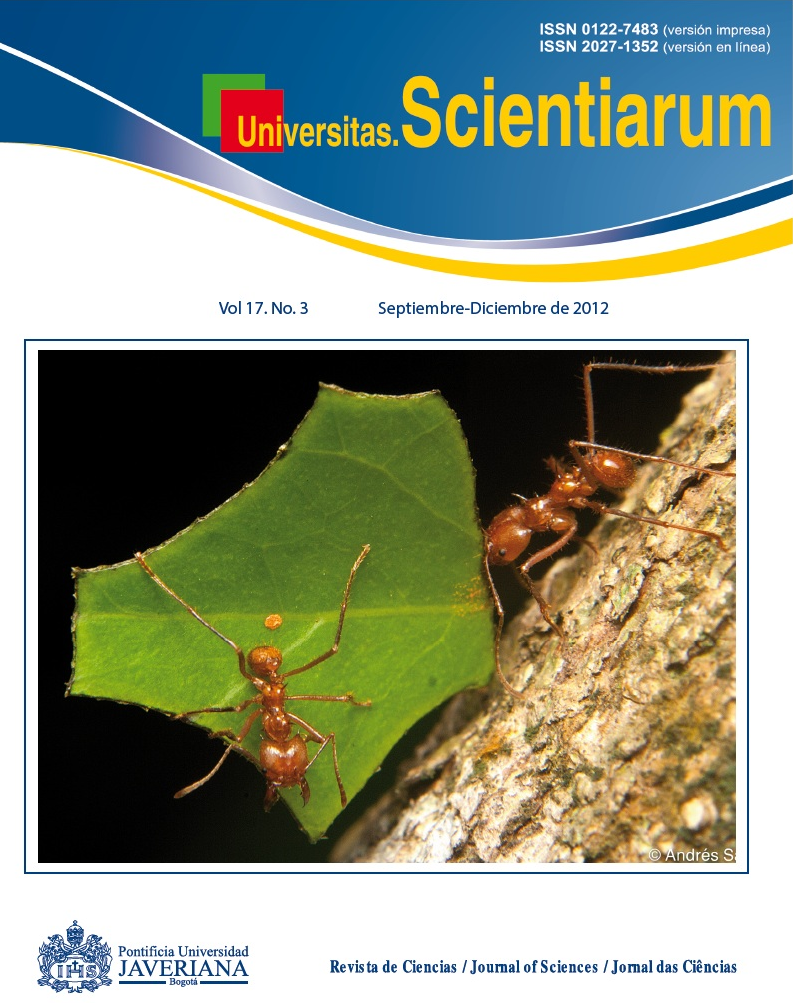Abstract
The present study estimates the frequency of the use of plant-based Complementary and Alternative Medicine (CAM) by breast cancer patients. From June to December of 2011, a self-administered questionnaire was given to 404 breast cancer patients receiving outpatient therapy at the Javeriana Oncology Center of the Hospital Universitario San Ignacio in Bogotá. The prevalence of patient CAM use was 57%, out of which 76% was based on plants like anamú, aloe, red fruits and soursop. Sixty-five percent of the patients had a positive perception of using medicinal plants and 57% used them simultaneously with the oncologist recommended allopathic treatment. We concluded that the frequency of CAM use in breast cancer patients at the Javeriana Oncology Center is within the prevalence range reported worldwide, despite differences in CAM types and frequencies. The high rates of plant-based CAM use without physician consent, brings about the lack of assessment of the synergic or antagonistic effects of CAM therapies on the allopathic treatment of breast cancer and evaluation of the antitumor and immunomodulatory potential of the traditionally used plants.
Univ. Sci. is registered under a Creative Commons Attribution 4.0 International Public License. Thus, this work may be reproduced, distributed, and publicly shared in digital format, as long as the names of the authors and Pontificia Universidad Javeriana are acknowledged. Others are allowed to quote, adapt, transform, auto-archive, republish, and create based on this material, for any purpose (even commercial ones), provided the authorship is duly acknowledged, a link to the original work is provided, and it is specified if changes have been made. Pontificia Universidad Javeriana does not hold the rights of published works and the authors are solely responsible for the contents of their works; they keep the moral, intellectual, privacy, and publicity rights. Approving the intervention of the work (review, copy-editing, translation, layout) and the following outreach, are granted through an use license and not through an assignment of rights. This means the journal and Pontificia Universidad Javeriana cannot be held responsible for any ethical malpractice by the authors. As a consequence of the protection granted by the use license, the journal is not required to publish recantations or modify information already published, unless the errata stems from the editorial management process. Publishing contents in this journal does not generate royalties for contributors.



